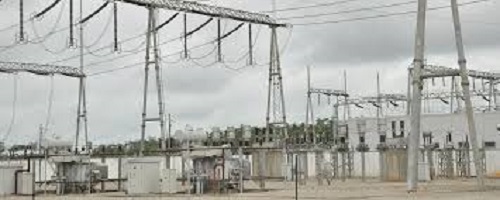-By Victoria Opeyemi
The year 2021 was seen as turbulent for energy sector in Nigeria as consumers want the right pricing and payment of electricity. There was stakeholders’ interactive forum organized by Nigerian Electricity Regulatory Commission (NERC), in December, 2021 on the issue of metering in Lagos.
Many electricity consumers aired their views about the epileptic power supply across the country especially in Lagos and how they paid for what they did not use.
In May 2021, the Federal Executive Council approves N6.2 billion for execution of various power project across the country.
The two big interventions under the period of review is the decision to supply 6 million meters free of charge to unmetered customers over 18 to 24 months period. Unfortunately, only 1 million has been activated which is to be shared across the distribution companies (DiScos) in Nigeria.
In 2019, President Muhammadu Buhari signed a contract with Siemens, a German company worth 2 billion Euros. The contract is a three phase plan which has to do with improving transmission and distribution across the country, this will further lead to 25000 Megawatts of electricity by 2025.
Currently, Nigeria has more than 13000 Megawatts installed electricity generation capacity but only 7,500 Megawatts is available and an average of 4000 Megawatts is dispatched to the grid and almost half not been used.
There has been back and forth between the Transmission Company of Nigerian (TCN) and the DiScos with each blaming the other for epileptic power supply across the country with weaken and dilapidated infrastructures. While the TCN claims that it has sufficient power to transmit, the DisCos are of the view that consumers are not paying for electricity consumed hence they are getting less from the end users who have also been accused of energy theft.
On the aspect of the oil and gas sector, after signing the Petroleum Industry Act (PIA), President Buhari made it known that the country’s expectation is the speedy transition of taking necessary steps to transfer assets without wasting time to capitalize them.
Already, the country is making assiduous efforts to fix its four comatose refineries to function to optimal capacity.
Meanwhile, the Group Managing Director of Nigerian National Petroleum Company Limited (NNPC), Mallam Mele Kyari, had disclosed that the country will not sell the refineries because it is not a viable option but rather rehabilitate and maintain them.
It is not clear if subsidy will eventually be removed to pave way for full deregulation of the downstream sector which means there will be increase of Premium Motor Spirit (PMS) per litre.
Although, it was insinuated and speculated last quarter of 2021, nobody knows if Nigerians will pay more in 2022.


Comment here